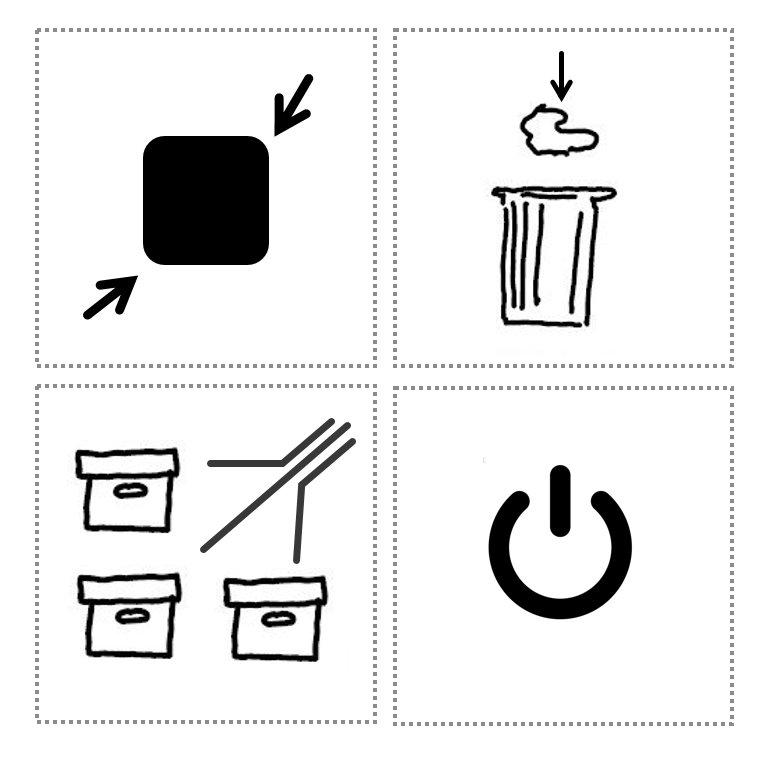
The concept of digital frugality is similar to the definition of digital sobriety given by the GreenIT.fr association in 2008 to refer to “the approach that consists of designing more sober digital services and moderating one’s daily digital usage“.
Objective
The laboratory is producing increasing amounts of digital data, and we need to ask ourselves what impact this has on the environment. This questioning is all the more crucial with the use of artificial intelligence (AI) tools, which also consume resources.
The aim of this working group is to implement actions to reduce environmental impact at several levels: purchasing policy, eco-design in development, etc.
Work method
- Participation in workshops and conferences on the impact of digital technologies (ICTs) on the environment
- Monitoring professional networks (e.g. GDS EcoInfo)
- Taking action at laboratory level by applying best practices to reduce environmental impact
- Reasoned archiving of digital data produced by the laboratory
Members
- Laurent Bergerot, Engineer, Digital frugality, Technical facilities and platformslaurent.bergerot@-Code to remove to avoid SPAM-map.cnrs.fr, +33 4 91 16 43 45
- Pascal Bénistant, Engineer, Digital frugality, IT unit, Technical facilities and platformspascal.benistant@-Code to remove to avoid SPAM-map.cnrs.fr, +33 4 91 16 43 52
- Anthony Pamart, Engineer, Digital frugality, Management, Prevention / Safety, Teaching approaches, Technical facilities and platformsanthony.pamart@-Code to remove to avoid SPAM-map.cnrs.fr, +33 4 91 16 43 58


